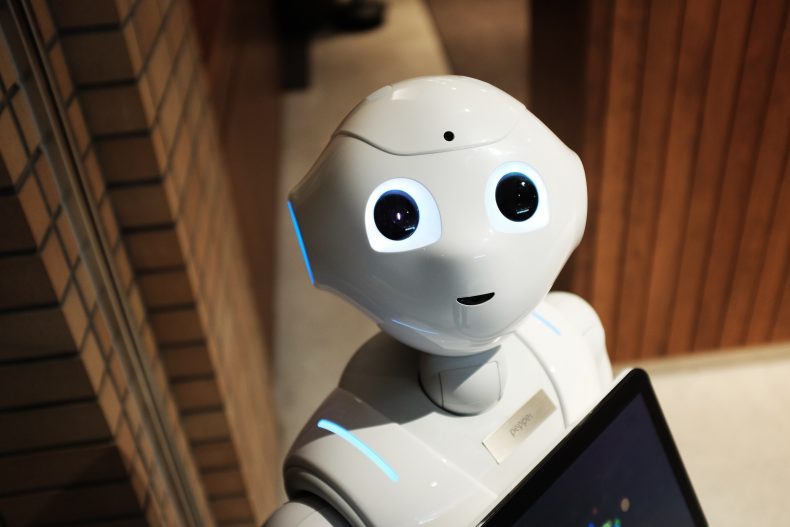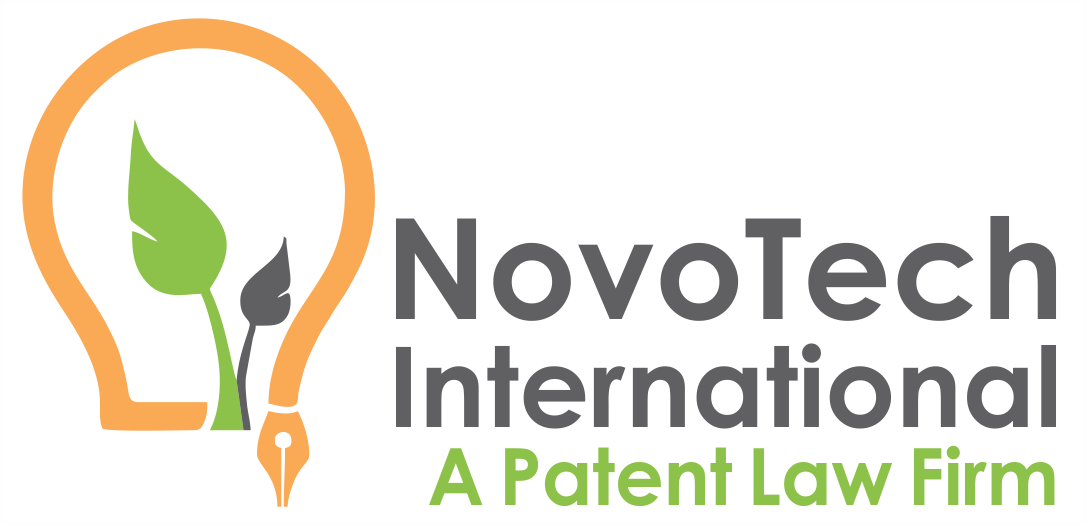
PTAB on Patent-Eligible Subject Matter

Practice Note: For patent-eligible subject matter, when drafting claims focus on the technical element achieving the technical solution. Specifically, you should recite how the technical element/solution improves the prior art systems. Additionally, you should describe in the specification the technical problems associated with the prior art system and identify how the technical elements of your invention overcomes those problems.
On December 12, 2019, the USPTO Patent Trial and Appeal Board found machine learning speech transcription methodologies patent-eligible subject matter in ex parte Appeal 2018-003323 (Hannun et al.).
Speech recognition systems are implemented traditionally with various machine learning techniques, often with deep learning pipelines to analyze input audio information. These are complex systems that are very sensitive to the quality of the input audio, often performing poorly in noisy environments.
The appealed invention claimed to be a system with reduced complexity and better performance in noisy environments than commonly used state-of-the-art systems. The claims recited a “computer-implemented method for transcribing speech” by receiving input audio, normalizing the input audio, generating a jitter set of audio from the normalized audio, generating spectrogram frames for the audio, obtaining predicted character probabilities as outputs from inputting the input audio and spectrogram frames into a trained neural network, then decoding a transcription of the input audio using the predicted character probabilities.
Under the two-step test for patent-eligible subject matter set in Alice Corp. v. CLS Bank International, claims must be directed to a non-abstract idea, or must otherwise have a saving inventive concept that transforms the claimed abstract idea. Following this guidance, the Examiner found the claims to be directed to an abstract idea, with no saving inventive concept. In step one of Alice, the Examiner found that the reliance of the claims on predicted character probabilities amounted to a mathematical formula, and further summarized the claims as a series of steps that included manipulating data, generating information sets based on prior information sets, and decoding data, which amounted to mental processes for “certain methods of organizing human activity” (as per USPTO guidance). In step two of Alice, the Examiner found that the claims “did not amount to significantly more than the abstract idea.” The PTAB disagreed.
The PTAB found the claims “not directed to an abstract idea because the alleged judicial exception [was] integrated into a practical application.” To reach this conclusion, the PTAB noted that the claims include “specific features that were specifically designed to achieve an improved technological result and provide improvements to that technical field.” For example, the PTAB noted that the Specification describes that “using DeepSpeech learning, i.e. a trained neural network, along with a language model achieve higher performance than traditional methods on hard speech recognition tasks while also being much simpler.” As such, the PTAB held that the claims are not directed toward an abstract idea.
Furthermore, PTAB held that the claims are not directed to a mathematical formula as the formula was disclosed in the Specification rather than in the claims, and that the claims are directed to neither mental processes nor methods of organizing human activity, as the claims recited specific steps that were infeasible to be performed mentally and also did not include any “fundamental economic principles or practices, commercial or legal interactions, managing personal behavior or relationships or interactions between people.” As such, the PTAB found the claims to be patent-eligible subject matter, directed to a non-abstract concept under step one of Alice, without need for step two analysis.
For more patent updates, feel free to sign up for our newsletter